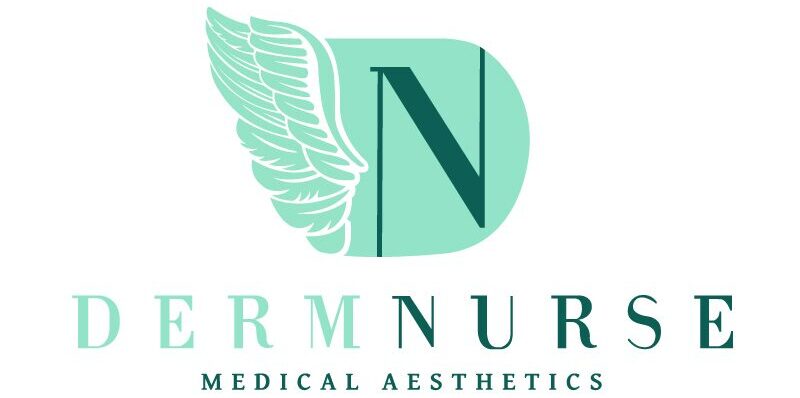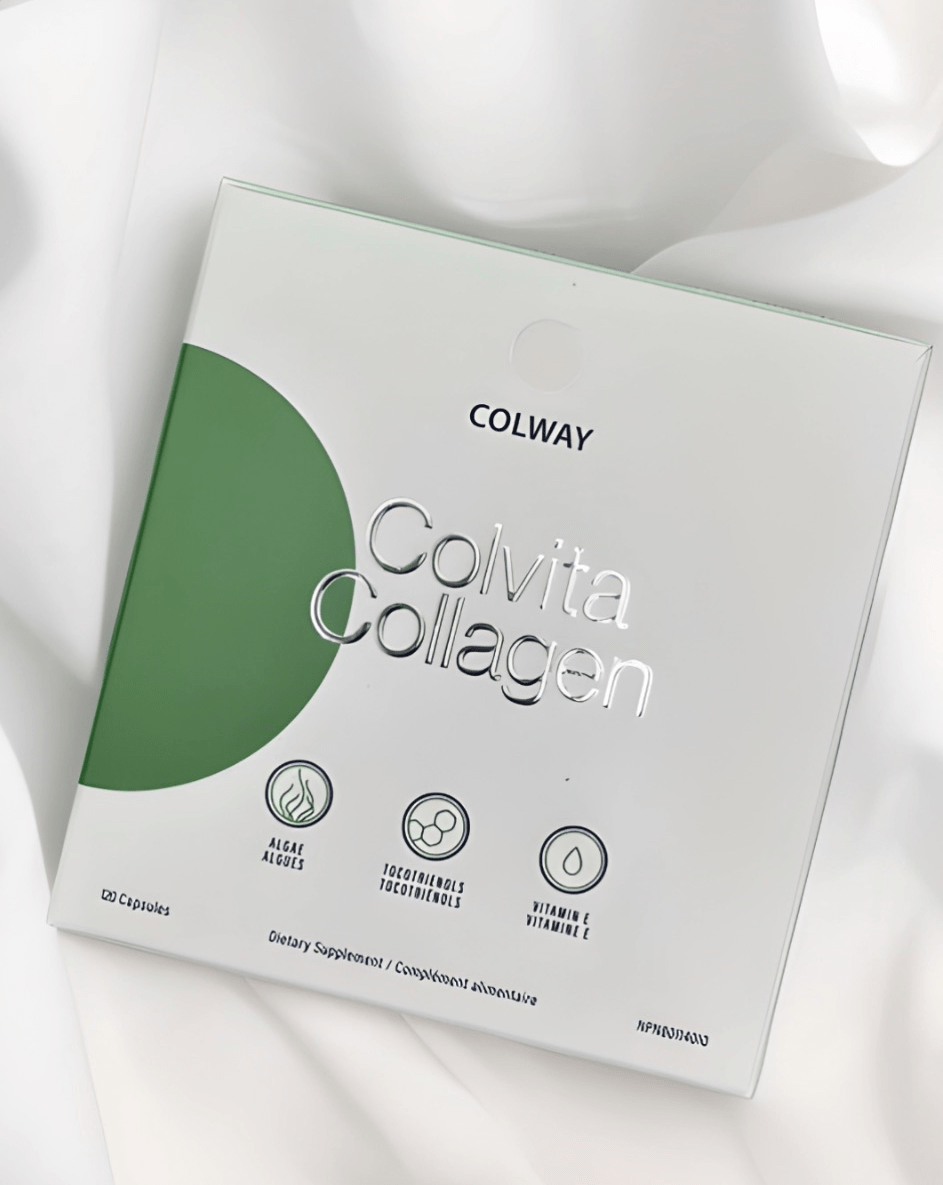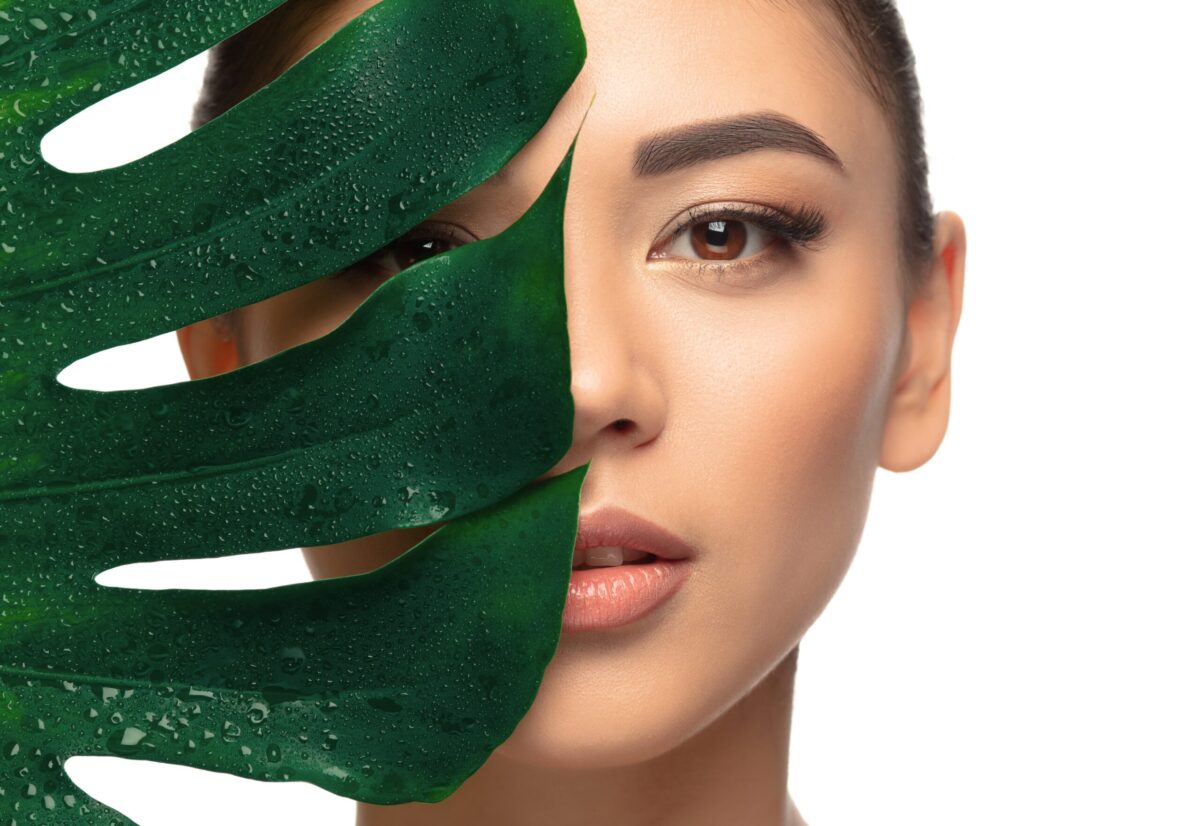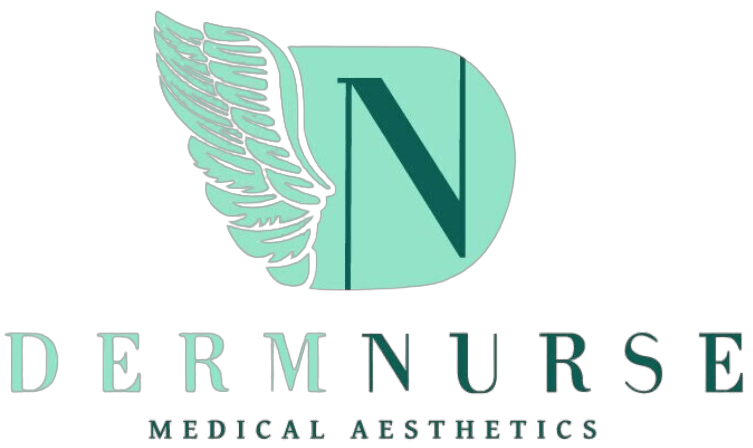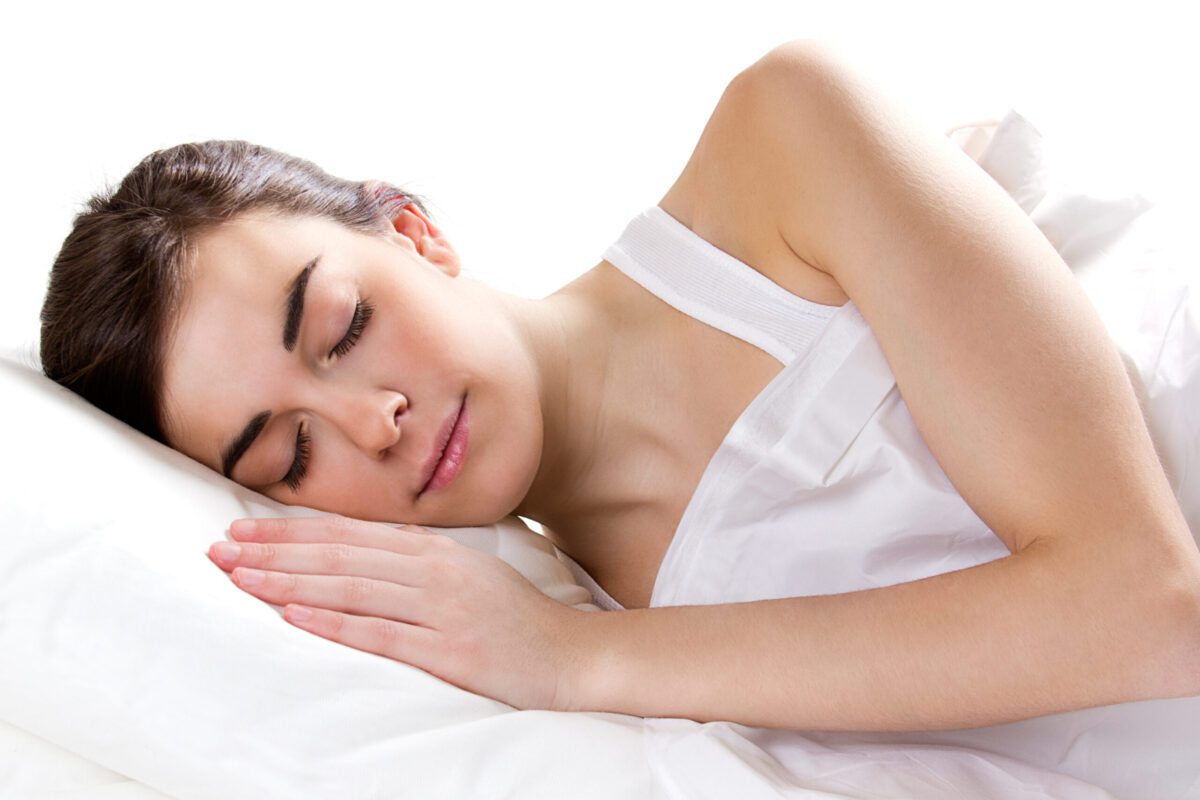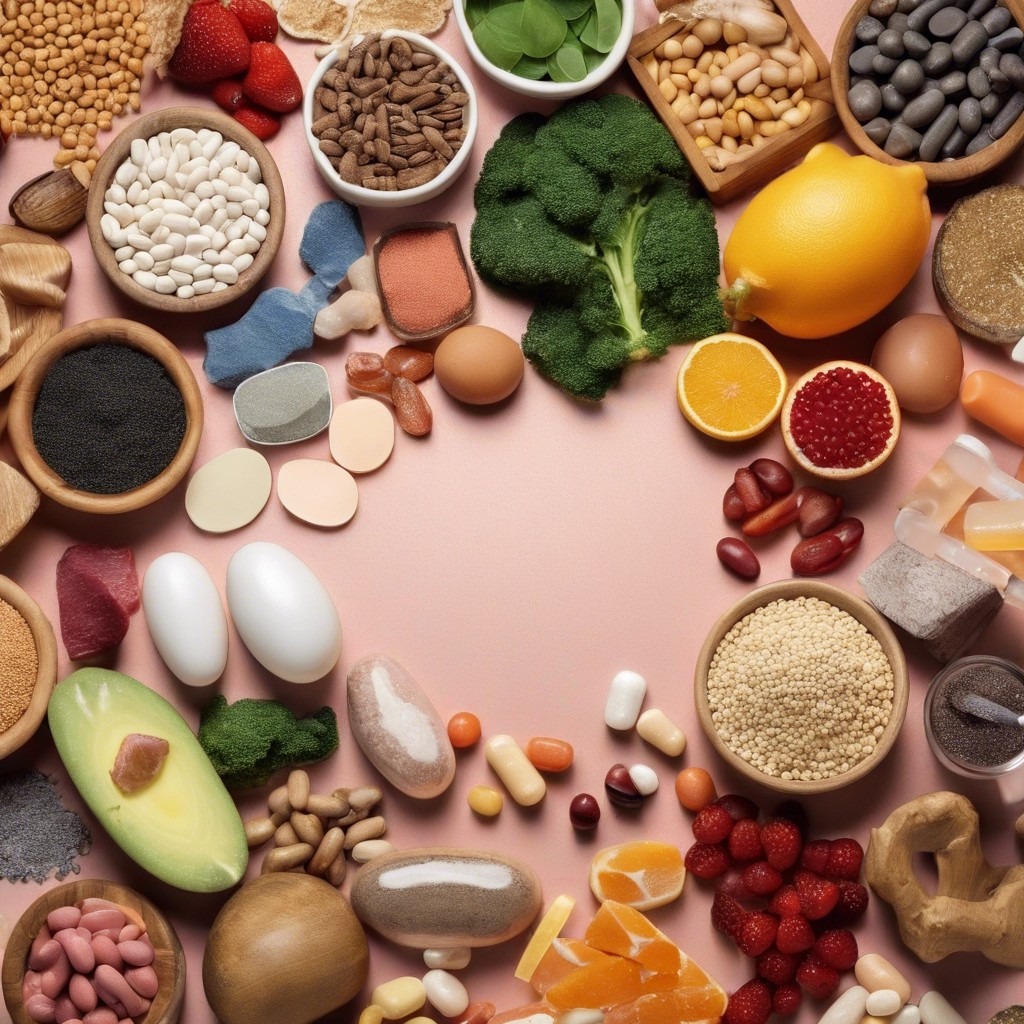
Ever wonder if your appearance effects you financially? Apparently it does!
According to his book “Beauty Pays: Why Attractive People Are More Successful,” Daniel Hamermesh verifies that better-looking people are better off because society offers positive discrimination to the attractive and beautiful.
Generally, younger looking people in Western Society are rated as better looking or more attractive than the older population. Daniel elaborates that physically attractive people gain better employment opportunities, marry better, and have greater incomes compared to less attractive people.
An example given is that over a lifetime, an attractive working person might earn $230,000 on average more. In his book titled “Beauty affects who works at what, and how much they earn,” Hamermesh affirms that better looking people earn more and that there appears to be a penalty for plainness (Biddle & Hamermesh, 1993).
In her book “Erotic Capital: The Power of Attraction in the Boardroom and the Bedroom,” Hakim argues that good looks are a significant factor in determining success for both men and women in Western societies and can boost earnings by 10-20%.
Overall, there is overwhelming empirical evidence that physical appearance affects wage discrimination (Loureiro, Sachsida, and Mendonca, 2009).
Confucius said “everything has its beauty but not everyone sees it”. This is correct especially in our Western society which has been determined to value outward physical beauty more than inner beauty (mind, intellect, and spirit).
So now that we know that external beauty pays in our society what does it mean to be externally beautiful? Beauty can be defined numerically by the golden ratio:- 1.6180339887. This golden ratio is behind balanced and symmetrical patterns of many shapes, forms, and people we find pleasing to the eye (Corbette, 2009).
However, Corbette adds that youth and smooth clear skin indicates freedom from disease which is also an important beauty indicator. With age, our skin naturally becomes less smooth (wrinkles, sun spots, red spots) and we lose balance and symmetry (golden ratio) making us externally less beautiful.
Fortunately, we can reverse signs of aging or obtain greater golden ratios with many aesthetic aesthetic services and treatments offered today.
The most popular of these treatments include Botox/Dysport and dermal fillers. However, too much (imbalanced) or improperly placed (asymmetrical) dermal filler or Botox can lead to the opposite result they are trying to achieve by tipping the golden ratio in the other direction.
So it’s best to be conservative and remember the poem below when trying to achieve greater external beauty:
“Beauty is but a painted hell;
shee wounds them that admire it,
shee kils them that desire it.
Give her pride but fuell,
no fire is more cruell.”
–poem written by Thomas Campion a Renaissance English poet
References
Corbett J. R. (2009). What is beauty?: Royal Victoria Hospital, Wednesday 1st October 2008. The Ulster medical journal, 78(2), 84–89.
Biddle, Jeff E. and Hamermesh, Daniel S. “Beauty, Productivity, and Discrimination: Lawyers’ Looks and Lucre.” Journal of Labor Economics, January 1998, Vol. 16, No. 1, pp. 172-201.
Hakim, Catherine. Erotic Capital: The Power of Attraction in the Boardroom and the Bedroom. New York: Basic, 2011.
Hamermesh, Daniel S. Beauty Pays: Why Attractive People Are More Successful. Princeton, NJ: Princeton UP, 2011.
Hamermesh, Daniel S., and Jeff E. Biddle. Beauty and the labor market. No. w4518. National Bureau of Economic Research, 1993.
Loureiro, Paulo, Adolfo Sachsida, and Mario Cardoso Mendonca. “Links between Physical Appearance and Wage Discrimination: Further Evidence.” International Review of Social Sciences and Humanities. 1.2 (2012); 1-16.
